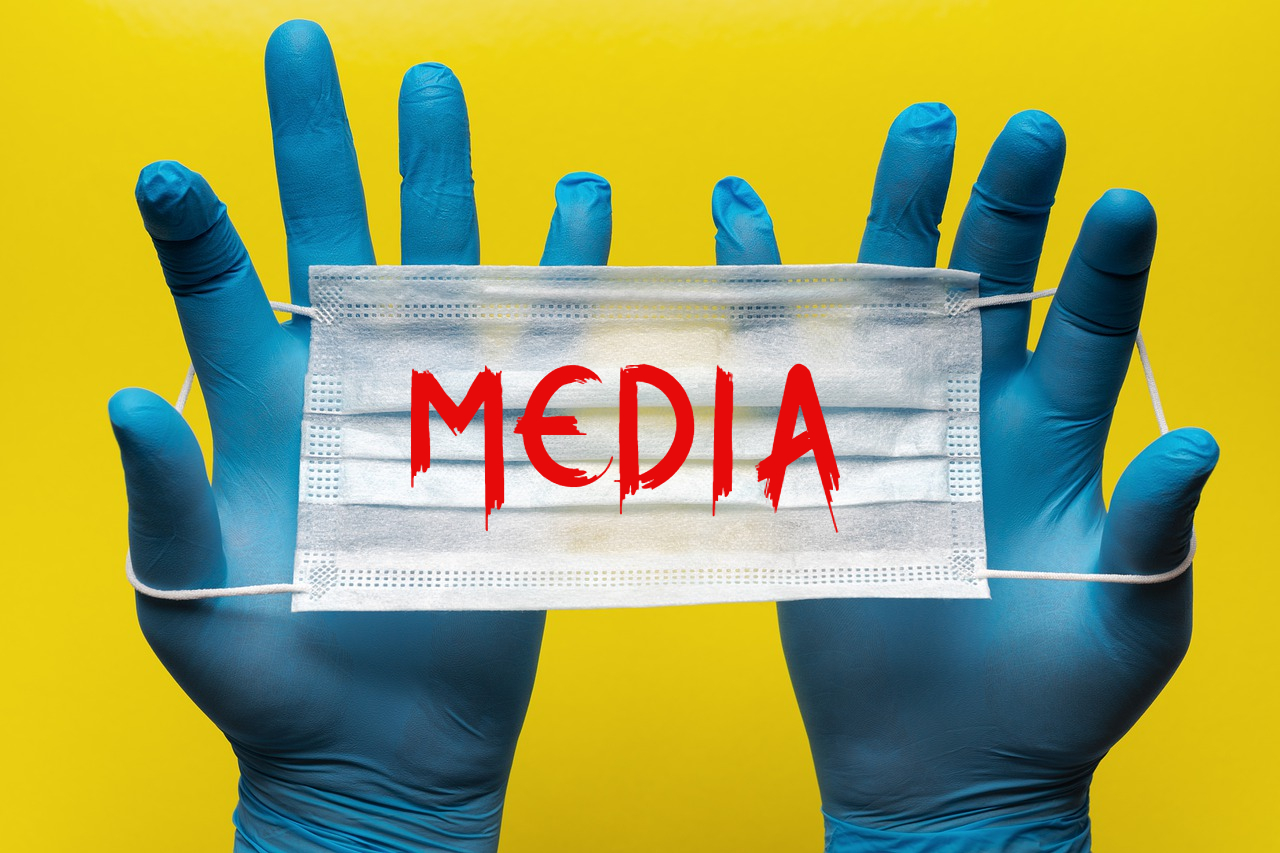The impact of coronavirus on many vital and less vital fields will be discussed at length. Especially since the epidemic is still taking its natural course. Naturally, it already affects the press and will continue to do so in the future.
Let’s look at the main negative aspects, which are more firmly planted in the life of the media, the longer the epidemic lasts.
We have already talked about the consequences of the victory march of the coronavirus on journalism, how distorted the sources have become, how difficult working with them and the perceptions in the society has become.
We see how easy it is for society to accept the declaration of censorship in Armenia and how imperceptible its elimination by the government is. And we understand that Senator Amidala was right when she said in ancient times, “This is how liberty dies… with thunderous applause.”
Of course, it is too early to talk about a sharp decline in freedom of speech. But the tendency at least leads to the freezing of reforms for objective reasons, because there is a lot of false information, it is necessary to protect society and so on and so forth.
In addition, there is no time to reform freedom of speech. There are a thousand and one crisis issues that are more vital. (Although the government took the time to propose changes to the Freedom of Information Act, which was neither vital nor if we judge by the statement of the NGOs, so positive).
However, the issues of freedom of speech and efforts to develop the press are difficult to prioritize in the near future. And if you don’t develop something, it almost always (except for the growth of weeds) suffers.
And the possible restrictions are much easier for governments. In any case, the Ministry of Justice wants to fight against misinformation. Let’s hope the struggle will not be fierce.
Another problem that could be a real disaster for the press is the economic downturn. Many outlets are already facing an economic crisis! Advertisers are starting to cut budgets, and many are freezing completely.
This situation can last for months, according to the most optimistic forecasts. More pessimistic models suggest a one-two year global economic crisis, which will not only not bypass Armenia but may be settled here for a longer period of time.
Let’s hope that the optimistic model will overcome all the bad scenarios. But even with this option, we will have a reduction in the serious financial flows to the press for a few months. The consequences will be several, each one worse than the other․
- Many journalists will lose their jobs. This is the most probable thing and it is already starting.
- Editorial offices will lose employees, which will reduce the quality and variety of information. This is also one of the most likely consequences.
- A number of media outlets will simply fall apart by either shutting down or being swallowed up by more stable ones. This may not be so widespread, depending on the nature of the crisis.
- The media will become more dependent on political forces and large businesses, which, taking advantage of the situation, will try to strengthen their oversight of information flows. This is also a very probable situation.
A negative economic impact on the freedom of the press is an area that can be mitigated by many tools. For example, with tax benefits, even for advertisers.
Or by creating a fund that will manage donations from different sources and distribute them among the media.
It is possible to apply for public support, try to introduce models of individual donations or subscriptions, which are working solutions in many countries but are not accepted by the Armenian society.
In any case, it must be understood that by losing the quality of the press, we may not be able to restore it for a long time as a country. Moreover, we already are no longer satisfied with the quality we often have to deal with.
Samvel Martirosyan







